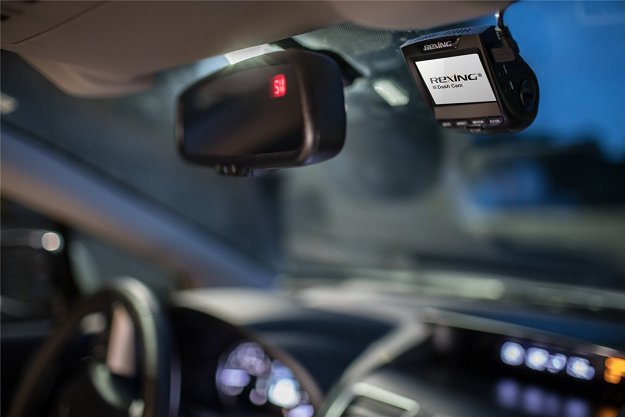
In a letter sent late Friday and reported by Reuters on Sunday, executives from major automakers urged Trump to reverse that decision, claiming the emissions standards currently in place could risk jobs. The letter was signed by the CEOs of Ford, General Motors, and Fiat Chrysler Automobiles (FCA), as well as the top North American executives of Toyota, Volkswagen, Hyundai, Honda, and Nissan, among others.
On January 13, the EPA chose to lock in emissions standards through 2025, an attempt to ensure the stricter standards enacted by the Obama administration remained in place. The agency had until April 2018 to decide whether to change the standards for 2022-2025 model-year cars and light trucks as part of a “midterm review,” but opted to make its decision before the Trump administration took office.
The automaker letter asks the Trump administration to reopen that review process. It said current rules “threaten future production levels, putting hundreds of thousands and perhaps as many as a million jobs at risk,” primarily due to the cost of compliance with the stricter standards. The automaker lobbying campaign started just two days after the 2016 election, when the Alliance of Automobile Manufacturers sent a similar letter to Trump asking for revision of emissions standards.
A report issued by the EPA and other regulators in July indicated that automakers are meeting current standards at lower-than-expected costs, and that they can continue to do so with current technologies, rather than a large-scale switch to electric cars. The report did note that automakers may miss the 2025 target by a small margin if gas prices and SUV sales remain at their current levels.
Trump EPA nominee Scott Pruitt reportedly told a Senate panel that he would review the Obama decision, potentially opening the door for a favorable outcome for the automakers. In the meantime, virtually all of the automakers whose executives signed the letter have committed to launching large numbers of hybrid, plug-in hybrid, and electric cars over the next few years, with Ford saying it would launch no fewer than 13 new electrified models by 2020.


